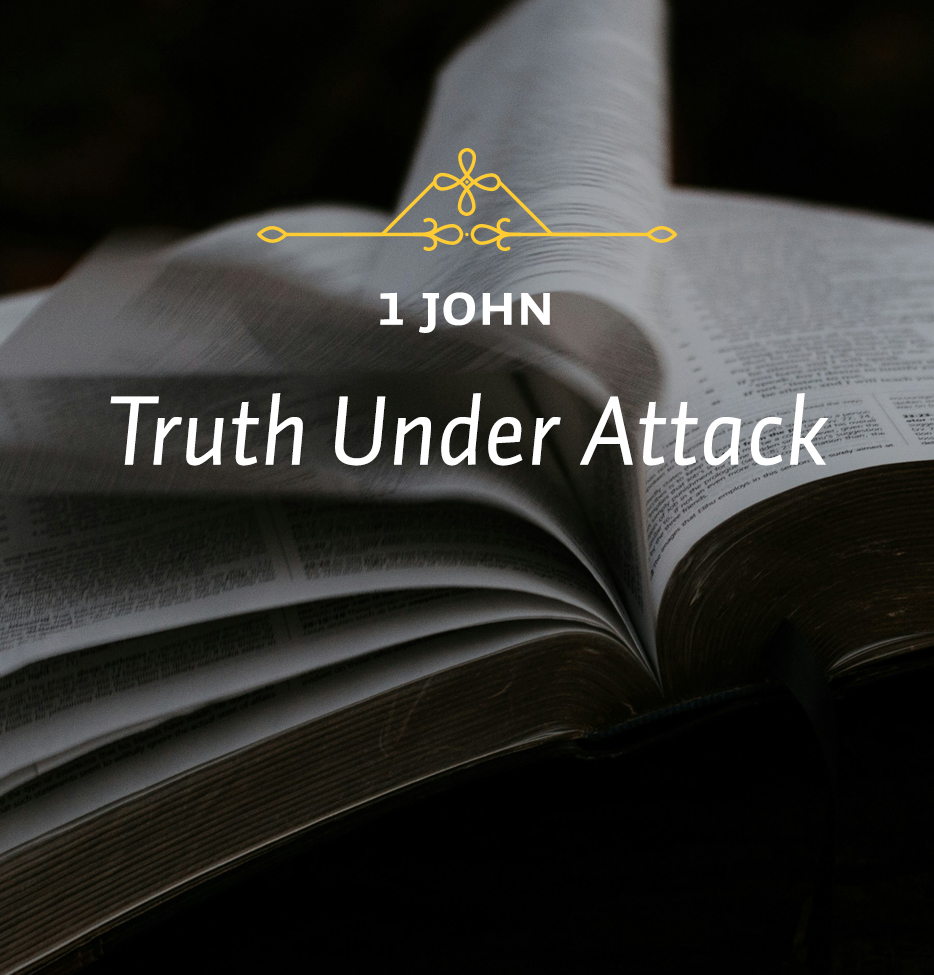It is a characteristic of our time, often pointed out by contemporary Christian apologists, that men and women no longer strictly believe in truth. To be sure, they do use the term in a certain colloquial sense, referring to that which is the opposite of false; nevertheless, most twentieth-century men do not mean that when a thing is said to be true it is therefore true absolutely and forever. They usually mean that it is true for some people, though perhaps not for others, or that it is true now, but not necessarily also for tomorrow or the day after. The consequences of this are a great deal of uncertainty and a noticeable sense of lostness in the universe of ideas and objects by modern men.
To men and women conditioned by this twentieth-century mind it is somewhat of a surprise to find that Christianity, particularly in its New Testament expression, moves within an entirely different set of presuppositions. But surprise or not, it is clear that when the Bible speaks of truth it means truth absolutely; that is, truth which is binding upon everyone and which is true both now and forever. It is in this sense that God is “true,” that Christ is “the truth,” and that the Bible is said to contain “true” propositions. Moreover, according to the Bible, such truth can be known now. It can be known by believing it. That is, it can be known by taking God at His word, as that word is recorded in the Bible, and by acting upon it. In 1 John the aged author of the book even says that knowing the truth is one evidence of the new life of God within the Christian.
At this point the reader of the letter will recall that one of John’s purposes in writing it, perhaps even the major purpose, is to help Christians become sure of their salvation. To do this he is offering three tests by which the presence of new life within the Christian may be recognized. The first two we have already been given. They are the test of righteousness and the test of love. Now, after a brief parenthesis to reassure and encourage his readers, John brings forward his third and final test, which is the test of truth. How may those who consider themselves Christians be sure that they really are Christians? In these verses John answers that they may reassure themselves on the basis of their attitude toward the truth of God as revealed in Jesus. They can be certain of their salvation if they believe that He is God incarnate and if they continue in that conviction.
In this section John follows a threefold outline. First, he develops a contrast between the antichrists of his day and God’s true children, a contrast which is at the same time a contrast between falsehood and error (vv. 18-21). Second, he defines the heresy of the antichrists, which is the chief heresy of all (vv. 22-23). Third, he encourages those who are Christians to make use of their two most valuable defenses against heresy; namely, the truth of the Gospel and the Holy Spirit (vv. 24-27).
It is a logical step from verse 17, in which John has mentioned the world which is passing away, to “the last hour,” with which this section commences. But John’s thought is not primarily upon the last hour. John is thinking mainly of the false teachers, the Gnostics, who had left the churches to whom he is writing in order to found their own church. He calls them “antichrists” and contrasts them with God’s true children.
The word “antichrist” occurs in the Bible only in the letters of John and that only five times in four verses (1 John 2:18, 22; 4:3; 2 John 7); but though the word is infrequent the idea of antichrist is frequent and is an important one. It is part of a widespread belief in John’s day that at the end of history there was to be a final struggle between the forces of good, focused in God, and the forces of evil, focused in a being of superior intelligence and cunning. John’s manner of referring to antichrist indicates that his readers were already familiar with these concepts.






